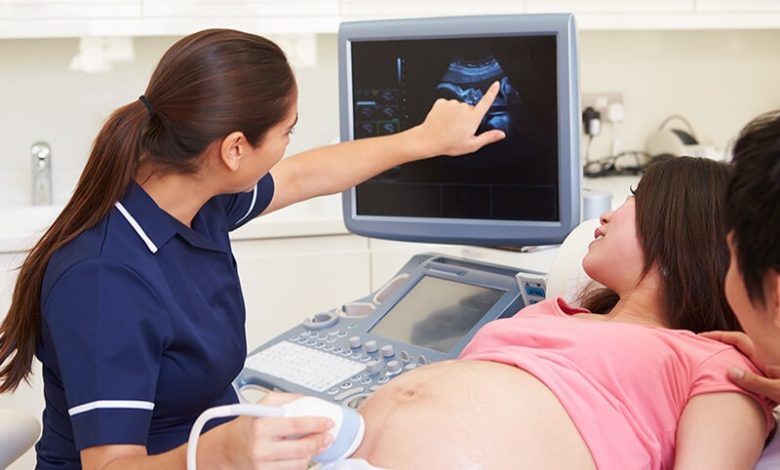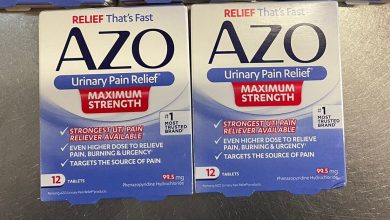List Of Medications and Drugs That Can Cause Birth Defects

A birth defect is a problem that occurs when a baby is developing in the womb. Approximately 1 out of every 33 babies in the United States is born with a birth defect. Birth defects can be minor or severe and can cause physical disability, intellectual and developmental disorders as well as other health problems.
Researchers have identified thousands of different birth defects, and some are more disruptive than others. If not detected and treated quickly, some can be fatal or cause lifelong disabilities. Currently, the Centers for Disease Control and Prevention notes that birth defects are the leading cause of death for infants during the first year of life accounting for 20 percent of deaths.
What Is Drug-Induced Birth Defects?
Drug-induced birth defects are structural, functional, or developmental defects that arise as a result of the exposure of a woman to a drug or medication before or during pregnancy. Drug-induced birth defects can occur during any stage of pregnancy. Most birth defects occur in the first 3 months of pregnancy when the organs of the baby are forming. This is a very important stage of development. However, some birth defects occur later in pregnancy. During the last six months of pregnancy, the tissues and organs continue to grow and develop.
The types and severity of birth defects that can result from drug exposure depend on many factors, including the specific drug, the dosage, the timing of exposure during pregnancy, and the genetics of the mother and fetus.
In 2014, the United States Food and Drug Administration (USFDA) released a new format of labeling called “Pregnancy and Lactation Labeling Rule” (PLLR or final rule) for Human Prescription Drug and Biological Products; and Requirements for Pregnancy and Lactation Labeling. The rule came into effect on 30th June 2015.
The changes in the format and content of the Physician Labeling Rule (PLR) are a step forward to ensure that health professionals can better identify the benefits and risks of the drugs and that pregnant women and nursing mothers can make informed decisions for themselves and their children.
List of Medications and Drugs that can Cause Birth Defects
Some common drugs and medications that have been associated with birth defects include:
- Thalidomide: This drug was once used to treat morning sickness in pregnant women but was later found to cause severe limb abnormalities and other birth defects.
- Isotretinoin (Accutane): This medication is used to treat severe acne but can cause birth defects, including craniofacial malformations, heart defects, and central nervous system malformations.
- Valproic acid: This anticonvulsant drug is used to treat seizures, migraines, and other conditions but has been linked to an increased risk of neural tube defects and other birth defects.
- Warfarin: This blood thinner is used to prevent blood clots but can cause fetal bleeding and other birth defects when taken during pregnancy.
- ACE inhibitors: These medications are used to treat high blood pressure and other conditions but can cause fetal kidney damage and other birth defects. Angiotensin-converting enzyme inhibitor (ACE inhibitors) drugs include Benazepril (Lotensin), Captopril (Capoten), Enalapril/Enalaprilat (Vasotec oral and injectable), Fosinopril (Monopril), Lisinopril (Zestril and Prinivil), Moexipril (Univasc), Perindopril (Aceon), Quinapril (Accupril), Ramipril (Altace), and Trandolapril (Mavik).
- Anti-inflammatory drugs: Nonsteroidal anti-inflammatory drugs (NSAIDs) like ibuprofen and aspirin should be avoided during pregnancy, especially during the third trimester, as they can increase the risk of fetal complications and heart problems.
- Methotrexate: This medication is used to treat certain types of cancer and autoimmune diseases but can cause birth defects when taken during pregnancy.
- Tetracyclines: These antibiotics are used to treat bacterial infections but can cause fetal tooth discoloration and other birth defects.
- Antidepressants: Some antidepressant medications, such as selective serotonin reuptake inhibitors (SSRIs), have been linked to an increased risk of birth defects, including heart defects and neural tube defects. Examples of SSRIs include Escitalopram (Lexapro) Fluoxetine (Prozac) Paroxetine (Paxil, Pexeva) Sertraline (Zoloft).
- Alcohol and illegal drugs: Drinking alcohol or using illegal drugs during pregnancy can cause serious harm to the developing fetus, including birth defects, intellectual and developmental disabilities, and behavioral problems.
It is important to note that the risks and severity of birth defects vary depending on the specific medication, dosage, timing of exposure during pregnancy, and other factors. Pregnant women should always consult with their healthcare provider before taking any medication or supplement to ensure that it is safe for both the mother and the developing fetus.
If you are planning to become pregnant, you should also discuss your current medicines with your doctor or pharmacist. Some medicines can cause birth defects very early in pregnancy, often before you even know you are pregnant.





